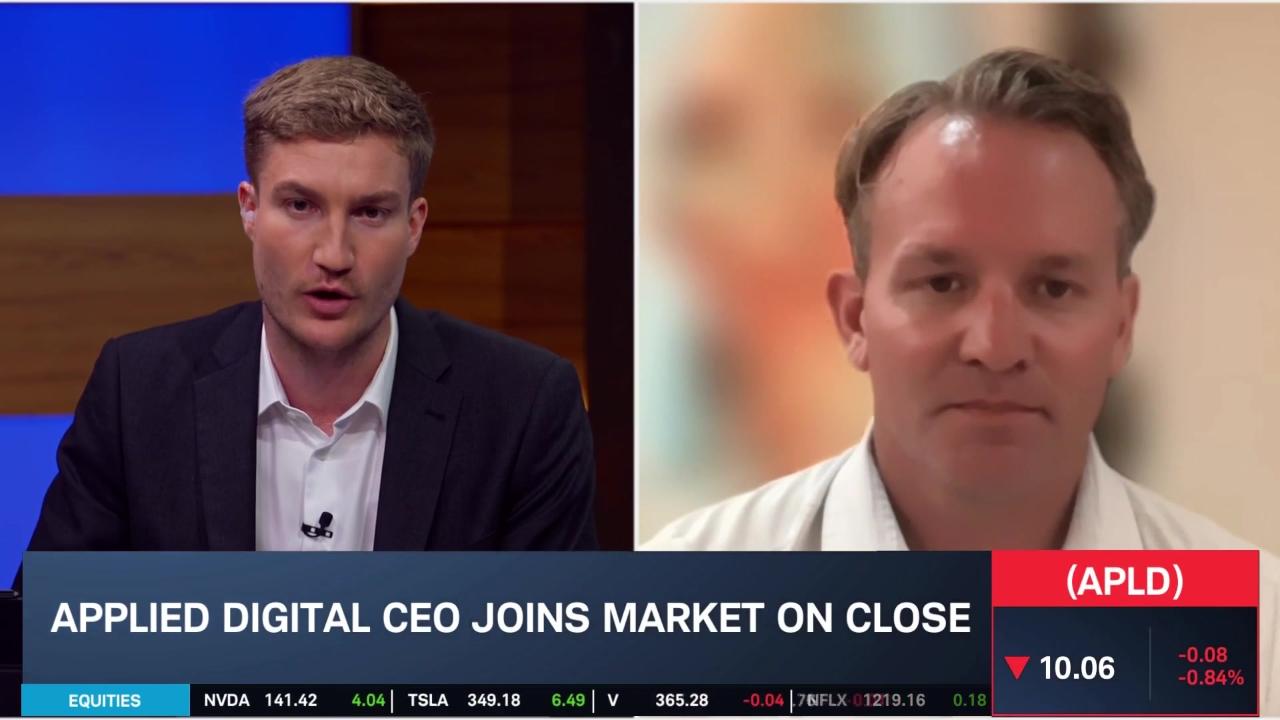- Market Minute
- Posts
- Market Minute: Critical Minerals Take Center Stage
Market Minute: Critical Minerals Take Center Stage

Over the past several months, the topic of critical minerals has quietly lingered in the background of market discussions. However, it is poised to take center stage in the months ahead as the Trump administration ramps up efforts to secure key rare earth mineral resources vital for national security and economic resilience.
During the initial phases of the U.S.-China trade war, attention was primarily centered on China’s dominance in supplying gallium and germanium—two essential metals for the semiconductor industry. That focus has since broadened to encompass a wider range of rare metals and minerals critical to defense systems and automotive manufacturing.
Since taking office, the Trump administration has implemented several actions to diversify supply chains and reduce dependence on China. These measures include brokering a somewhat opaque rare earth minerals agreement with Ukraine and invoking executive authority to expedite deep-sea mining permits under the Seabed Hard Minerals Act of 1980. This week, the administration may take another decisive step.
According to Reuters, President Trump plans to invoke emergency powers under the Defense Production Act to bypass legal and funding constraints that hinder the development of critical mineral and weapons-related mining projects. This order is intended to streamline permitting processes and reduce the need for congressional approval, thereby easing U.S. reliance on Chinese supply chains.
Several industries have already begun to feel the effects of this minerals battle, with the U.S. auto sector facing some of the most significant disruptions. Automakers are reporting delays in sourcing essential vehicle components, and there is growing concern that extended shortages could halt production lines—potentially triggering ripple effects throughout the broader economy.
In parallel, China’s dominance in exporting magnets—essential for many durable electronic products—has led to additional price hikes and availability issues. The defense sector has also been impacted, with key components for drones, missiles, and robotics increasingly in short supply.
Even with the prospect of a broader trade agreement, market participants recognize the necessity of reshoring mining operations for critical minerals. However, one major gap remains unaddressed: the United States still lacks sufficient domestic capacity for refining and smelting these minerals. While mining is an essential first step, the ability to process raw materials into usable components is equally critical—and currently, the U.S. remains heavily dependent on foreign refineries.
The critical minerals narrative is no longer a geopolitical footnote—it is rapidly becoming a central theme in the broader trade and industrial policy landscape. As the U.S. intensifies its efforts to secure mineral independence from China, the success of these strategies will hinge not only on mining access but also on investment in downstream infrastructure such as refining, processing, and advanced manufacturing. Failure to address this full supply chain could leave key industries—from automotive to defense—vulnerable to further shocks and long-term strategic disadvantage.
Morning Minute
Featured Clips
Tune in live from 8 a.m. to 5 p.m. ET, or anytime, anywhere, on‑demand.
Or stream it via thinkorswim® and thinkorswim Mobile, available through our broker-dealer affiliate, Charles Schwab & Co., Inc
Please do not reply to this email. Replies are not delivered to Schwab Network. For inquiries or comments, please email [email protected].
See how your information is protected with our privacy statement.
Charles Schwab and all third parties mentioned are separate and unaffiliated, and are not responsible for one another's policies, services or opinions. Schwab Network is brought to you by Charles Schwab Media Productions Company (“CSMPC”). CSMPC is a wholly owned subsidiary of The Charles Schwab Corporation and is not a financial advisor, registered investment advisor, broker-dealer, or futures commission merchant.




